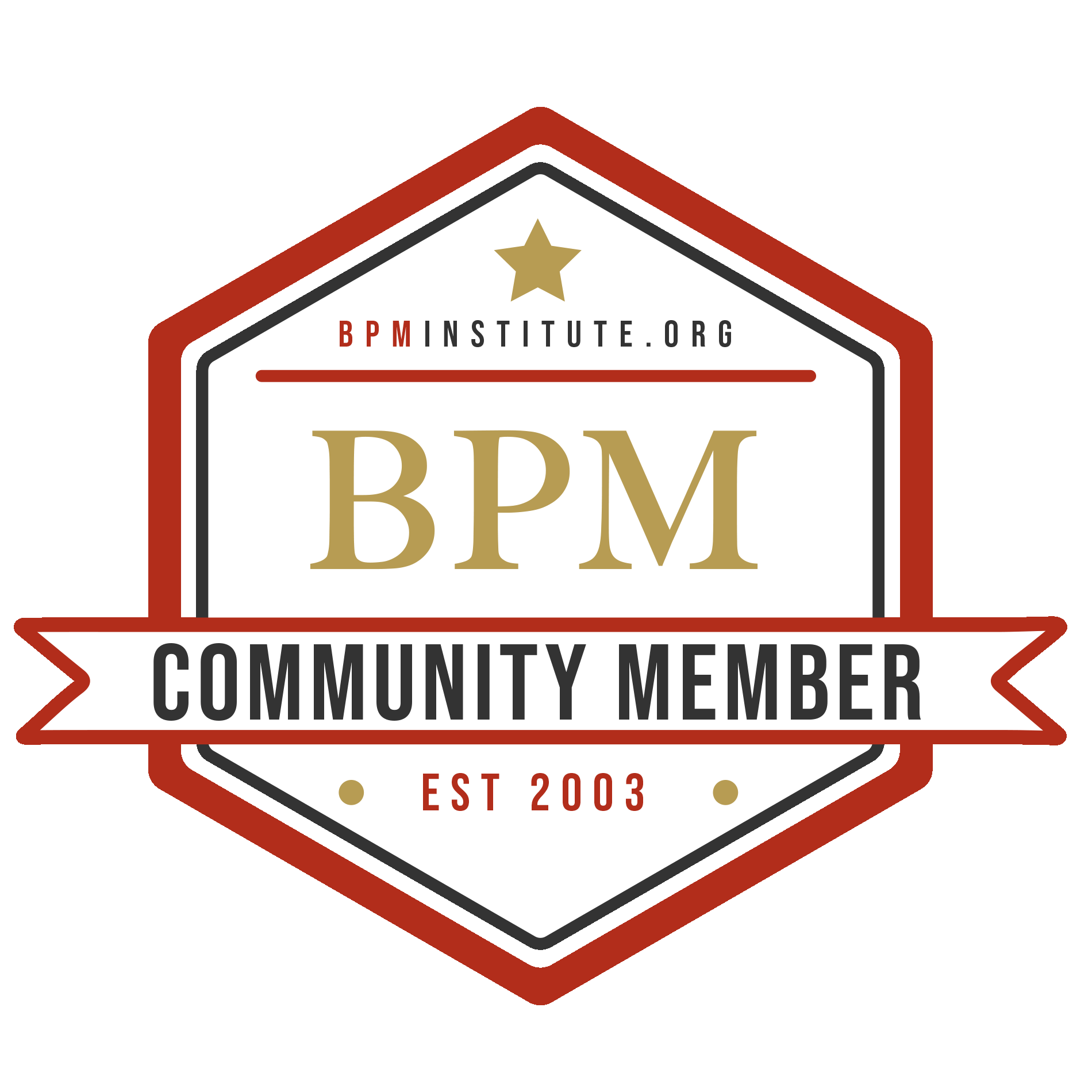A famous quote, “Installing a Rolls Royce engine in a Hyundai can make it inoperable,” (Russell Ackoff, 1999) as used to explain why improving parts of a system can be detrimental as opposed to improving the entire system, could also be used to explain why you should consider improving Business Process Reengineering BPR project execution as part of an organisation in terms of how they operate and not just by focusing on the technical execution of a project in terms of the project lifecycle. In other words the “BPR Project System” is made up of the environment in which it is executed as well as the BPR project itself inclusive of its execution method, its team structure, its project objectives and execution deliverables.

March 27, 2013
Associate Corporate Membership

Imtiaz Abdul Kader
Business Architecture (BA)
Operational Excellence (OPEX)
Web Services / SOA
Articles by: Imtiaz Abdul Kader
Organisation Structures: Do They Impact Project Success?
In my previous article “Business Politics before Projects Success: The Games Executives Play,” I propounded a view which stated that a Business Process Reengineering (BPR) project’s success or failure is highly influenced by a project having multiple accountable executives driving decisions on a project. In this article I will expand on this view by focussing on the concept of Organisation Structures and their influential impact on the BPR project domain.
Many definitions of Organisation Structures exist from various sources, however for the purposes of this article I will summarise and reconstruct the definition as follows:
“Organisation Structure refers to the lines of authority that articulate the controlling of decisions taken and the distribution of type of work performed based on the core purpose and strategic intent of the organisation.”
Business Politics Before Projects Success: The Games Executives Play
Business Politics, Organisational Politics, Workplace Politics, irrespective of what noun you place in front of the word “Politics”, an association can be drawn that there will be some decisions taken within organisations that are based on robust debates that are based on biased agenda’s and contrasting behaviours and personalities. Belsky G and Gilovich T in their book, “Why Smart People Make Big Money Mistakes”, infers that it is human nature to make decisions based on our personalities, self-motivated objectives, ego’s, peer pressure, fear and regret irrespective of the irrationality of the outcome. The inference can be generalised against any decisions we as individuals need to make and is supported by Belsky G and Gilovich T when they succeeded statements made in their book with, “financial and or otherwise”.



















